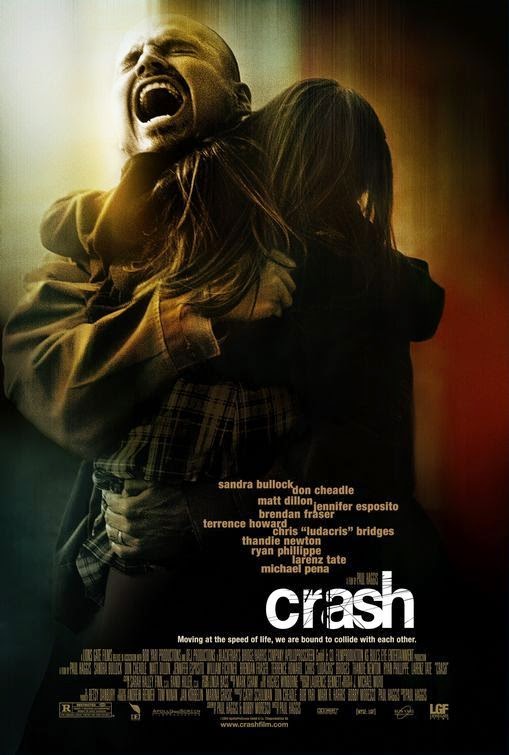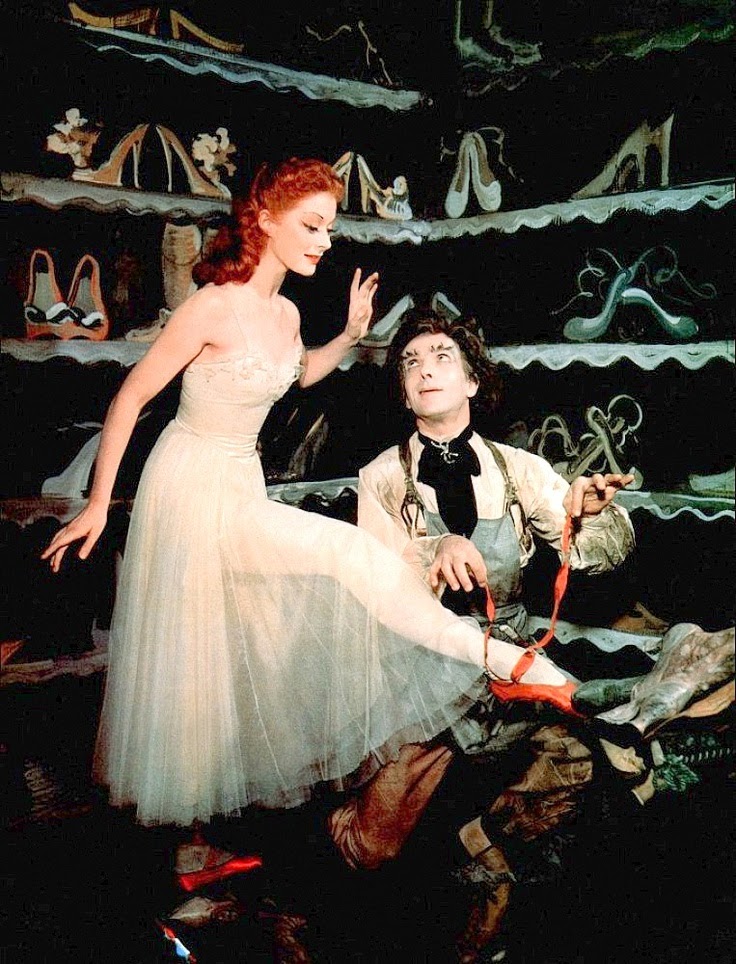
Don't get me wrong,
The Artist is a totally likable movie and I didn't hate watching it, but it's always seemed absurd to me that it took home so many major Academy Awards.
Was it getting rewarded simply for pulling off a silent film in 2011? An impressive feat -- I guess. But the movie was so wholly unoriginal in terms of its story and the actors didn't bowl me over with any depth or passion. I'm still furious that Jean Dujardin robbed more deserving performers like
George Clooney and Brad Pitt for best actor.
Obviously we are a long way from Oscar season, but revisiting this film just reminded me how frustrating the Academy Awards are, especially the best picture race.
True cinema fans aren't supposed to give a damn about them but they're sort of like the championship banners of the industry. Once you win, it can never be changed or erased, and it's like an official label declaring a film the best of the year.
Of course, in my estimation, "the right movie" rarely wins. There are exceptions to this rule, like this year when
12 Years a Slave triumphed or back in 2007 when
No Country For Old Men emerged triumphant against some stronger, edgier material than usual. Still, even in the last 10 years or so I've been often disappointed in the results.
Some years like in 2005 and 2008, my favorite films of that year weren't even nominated. I thought
A History of Violence was the best film of 2005 and it was ignored. And I thought
The Dark Knight and
The Wrestler deserved a spot in 2008's five nominees far more than a mediocre film like
The Reader or even the movie that won,
Slumdog Millionaire.
These debates have gone on for years. To this day we're reminded that classics like
Citizen Kane got snubbed and historically the academy has always skewed older and more conservative, so more often than not the victories reflect that.
Still in just the last few years some best picture winners have really rubbed me the wrong way. I think
The Artist was and is a minor film that was an exercise in technique and little else. Despite some nifty dancing at the end I was not really effected by it at all. I liked it -- it was well made -- but it wasn't worthy of winning.

The 2005 victory of
Crash was for me, and
clearly a lot of other people, far more problematic.It wasn't that
Brokeback Mountain or any of the other contenders were all that great (although I did love
Capote), it was that
Crash was
that bad.
Now, I've had friends who I adore and respect passionately try to defend
Crash and, of course, everyone is entitled to their own opinion. I only have seen it once, in a hotel room during a slightly harried state of mind (my brother was getting married in a matter of hours and I was expected to deliver a toast at the reception). But I do recall it is the only movie I seriously thought about walking out on in my life. Sidebar: I had to take a breather from
Antichrist, but I did get through it.
It was a limousine liberal's wet dream, overwritten, simplistic and narratively beyond absurd. A character announces they hate Asian people and then moments later they are thrown into a situation where they are confronted with the humanity of Asian people.
There, I just wrote a scene that could have made the final cut of
Crash. It was universally viewed as the weakest nominee of the five in 2005, so how did it win?
I am not a massive
Brokeback Mountain fan, but it was obviously widely seen as the film to beat that year and something of a watershed in terms of its depiction of a gay male relationship. There were definitely reports of homophobia at the time preventing some academy members from embracing that film which is bizarre since they'd been rewarding actors for
playing gay characters since the 1980s.
Still, it's stories like that which make
12 Years a Slave's victory all that more remarkable. Even though it was clearly the best film nominated, it wasn't the
safest and Hollywood could have easily have embraced more mainstream fare.
This is what happened in the case of
The King's Speech, another nice movie for nice people. Again, not a bad film and a very well-acted one, but for me it was so predictable that it had almost no staying power. Did anyone, and I mean
anyone, watch this movie thinking that Colin Firth's character
wouldn't overcome his stutter? And I also admit to having a hard time (especially with the economy in the state it was at the time) feeling sympathy for a monarch.
Meanwhile, David Fincher's
The Social Network, which to me was a triumph of editing, writing and acting, somehow didn't take home the big prize. And yet 20 years from now which film will have had more influence and will still remain relevant? I think the Fincher film.
I have to remind myself every year that like everything else, the Academy Awards are political and while some voters may be truly backing films they're passionate about for best pictures, there others with different kinds of axes to grind.

 As I've written before, this movie both delighted me and terrified me as a child. The movie works, for the most part, because Hoskins is entirely credible as a hard-bitten Los Angeles gumshoe and he plays it totally straight opposite a bevy of animated stars.
As I've written before, this movie both delighted me and terrified me as a child. The movie works, for the most part, because Hoskins is entirely credible as a hard-bitten Los Angeles gumshoe and he plays it totally straight opposite a bevy of animated stars.

























